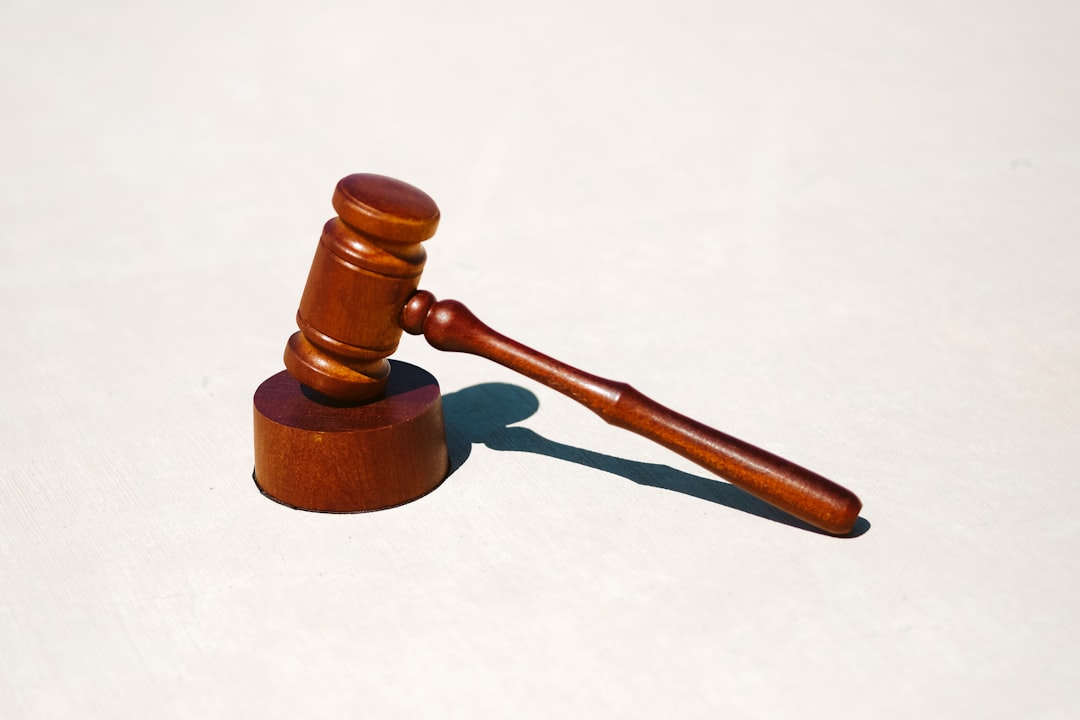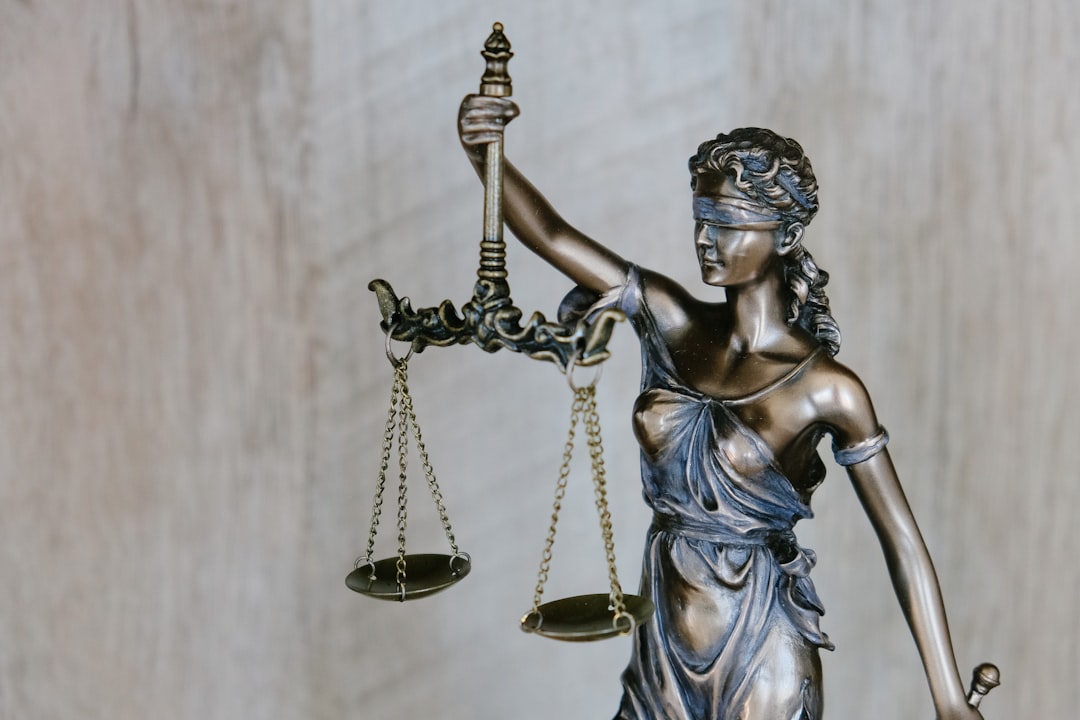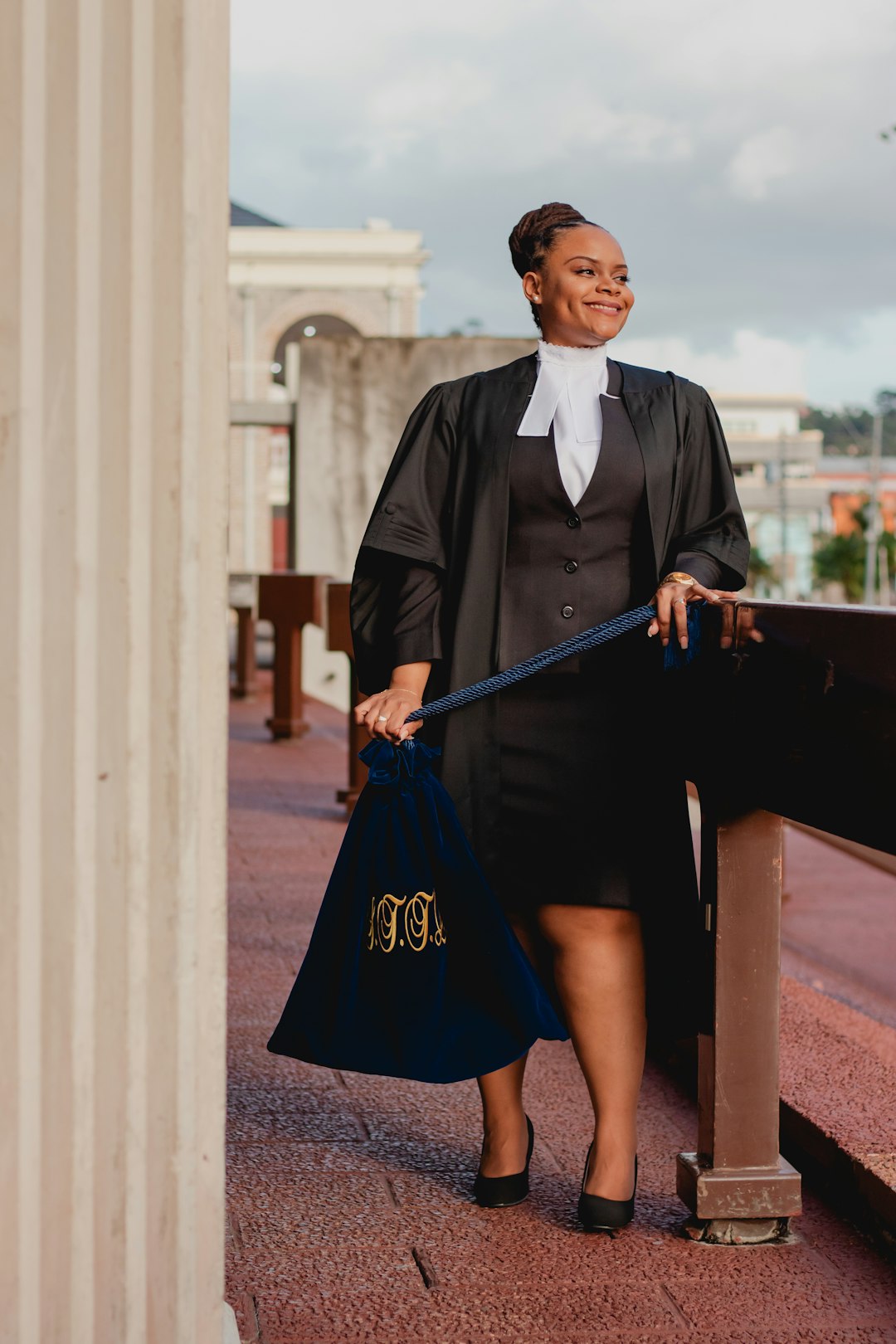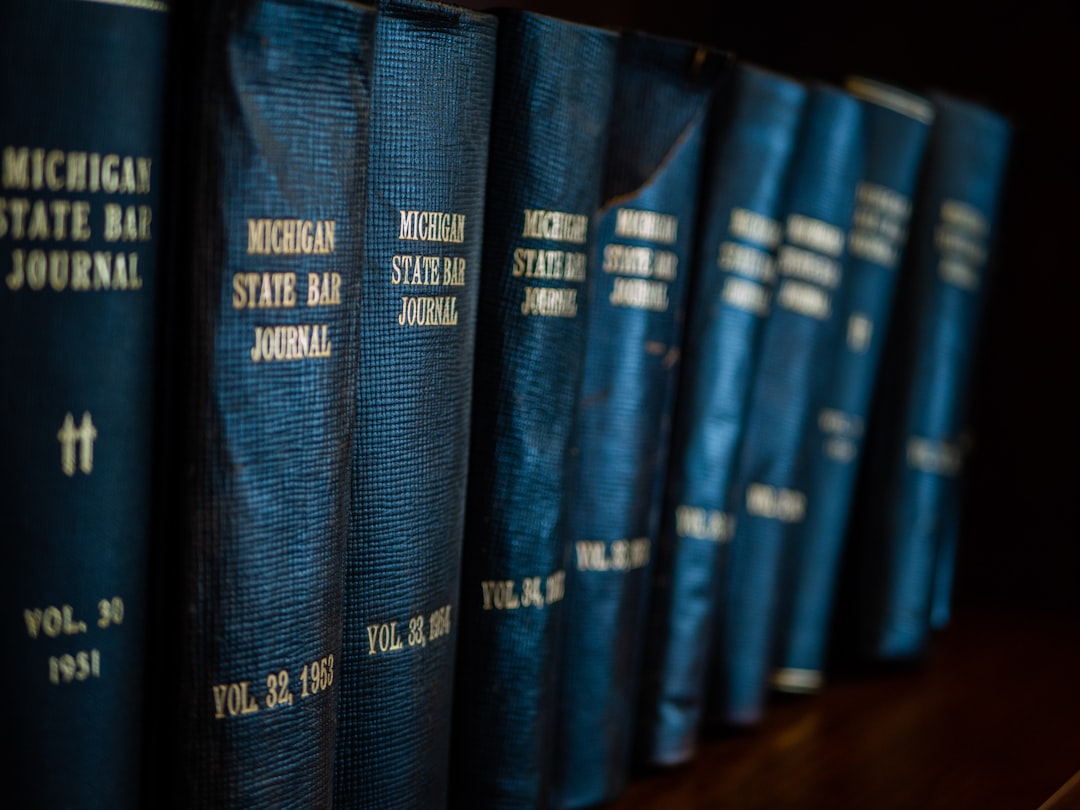Strict Mississippi laws protect sexual assault victims and define consent, with severe penalties for non-consensual acts. Sexual assault lawyers use social media as a tool for evidence but face challenges related to privacy and admissibility of digital content in court. They must balance ethical considerations, verify authenticity, and protect client confidentiality while navigating online data's potential misrepresentations.
In Mississippi, social media can play a pivotal role in sexual assault cases, presenting both challenges and opportunities. This article explores how digital evidence, particularly from platforms like Instagram, Facebook, or Twitter, is increasingly used in legal proceedings. With Mississippi’s unique sexual assault laws, sexual assault lawyers must navigate ethical considerations while harnessing the power of social media to gather and present compelling evidence. Understanding this dynamic landscape is crucial for both legal professionals and victims seeking justice.
Legal Landscape: Mississippi's Sexual Assault Laws

In Mississippi, sexual assault is taken very seriously, with laws in place to protect victims and ensure justice. The state has strict regulations regarding consensual sex and what constitutes sexual assault. Any non-consensual act of sexual penetration or contact can lead to criminal charges. A sexual assault lawyer in Mississippi plays a crucial role in navigating this legal landscape, guiding victims through the complex system.
The laws are designed to support survivors and hold perpetrators accountable. Punishments for sexual assault convictions can include fines, imprisonment, or both. There is also a focus on providing resources and services to assist victims in their recovery. Understanding these laws and having an advocate by your side can significantly impact the outcome of a sexual assault case.
Digital Evidence: The Role of Social Media

In the digital age, social media platforms can serve as a double-edged sword in sexual assault cases. For sexual assault lawyers in Mississippi, these online spaces offer a unique opportunity to uncover and present digital evidence that could be pivotal in their clients’ trials. Social media accounts provide a detailed record of an individual’s activities, interactions, and public statements, which can be used to corroborate or refute allegations.
The role of social media in sexual assault cases is multifaceted. It can help establish patterns of behavior, identify potential witnesses, and even reveal the accused’s state of mind through their posts and messages. However, it also presents challenges, as the admissibility of digital evidence requires careful consideration of privacy rights and legal precedents. Sexual assault lawyers must navigate these complexities to ensure that social media content is properly obtained, authenticated, and presented in court, potentially making or breaking a case.
Ethical Considerations for Sexual Assault Lawyers in MS Cases

In the digital age, social media can be a double-edged sword for sexual assault cases in Mississippi. While it offers potential evidence and witness accounts, it also raises significant ethical considerations for sexual assault lawyers. The primary concern is privacy; sharing sensitive information online can compromise the victim’s right to confidentiality and safety. Lawyers must navigate this delicate balance, ensuring they do not inadvertently expose their clients to further harm or retribution.
Additionally, the sheer volume of information available on social media may lead to misrepresentations or misunderstandings. It is crucial for sexual assault lawyers in Mississippi to verify the authenticity of online content, as false accusations or exaggerated narratives can complicate legal proceedings and potentially jeopardize a case. Ethical practice demands that these attorneys critically assess digital evidence, ensuring its reliability and relevance while upholding their duty to protect their clients’ best interests.






